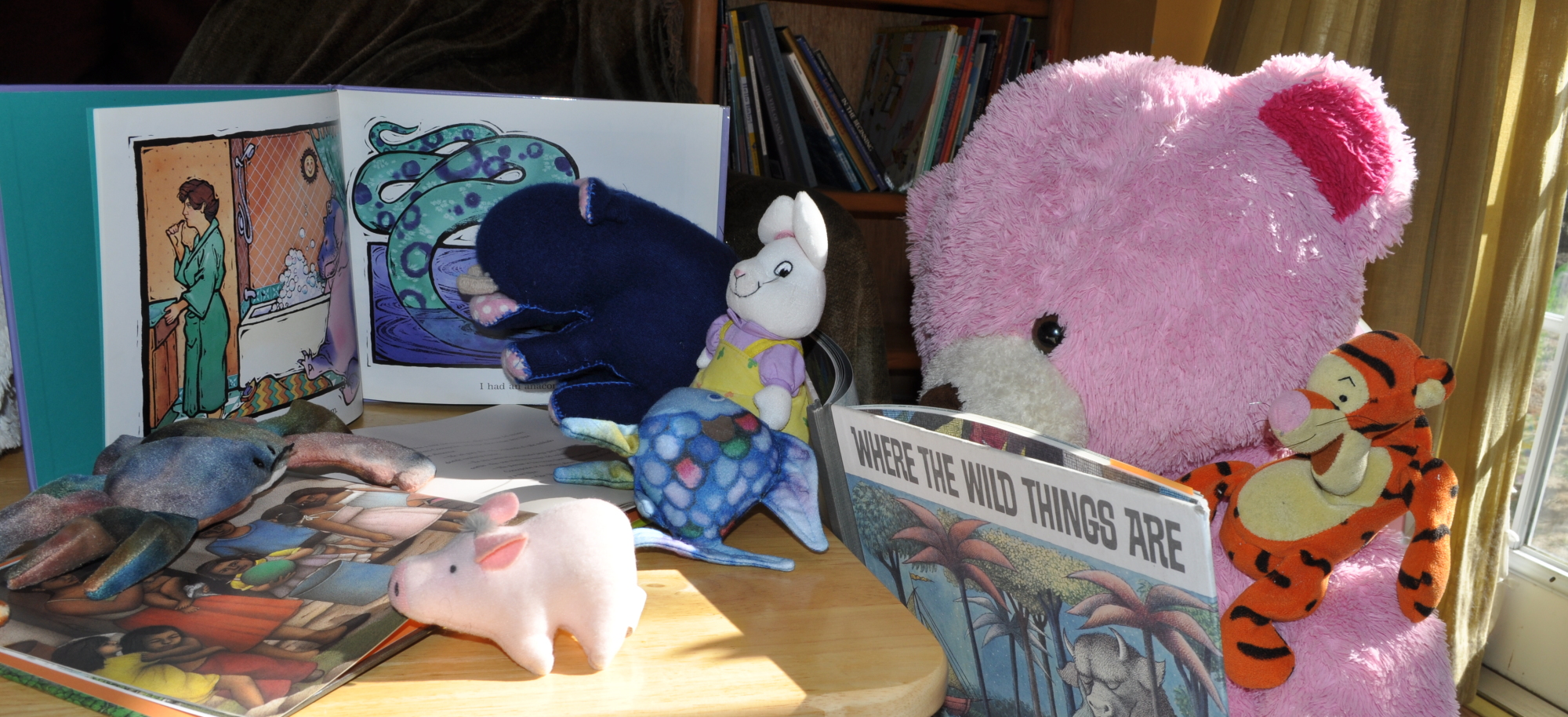
© 2016, Logo by L. M. Quraishi
This weekly #Windows/Mirrors series of book reviews, inspired by the #WeNeedDiverseBooks movement, offers children’s books created by or about people of diversity.
I am so proud of the American people at this time in history. It seems that nothing can silence the dialogue we want to have about equity, oppression, privilege and inclusion. Although at times we may find it difficult or impossible to find common ground in our conversations with each other, we are talking and we are listening.
Join the conversation! Read a diverse book to a child in your life, and tell us what you talked about. Head over to #TimeToListenTuesday to read a perspective you might not normally seek. Leave a comment and tell me what you think. Thanks for reading!
“Nearly every crop caused torment.”

Harvesting Hope: The Story of César Chávez,
Highlighting the fierce spirit and warm purpose of César Chávez, this book tells the story of his life from childhood to death, highlighting the birth of La Causa, the 1965 march to Sacramento, and the signing of the first contract for farmworkers in American history.
Read this book because it will evoke a deep empathy for the struggles of migrant workers to put food on America’s tables, and live with dignity and prosperity. From the mockery and punishment that César Chávez endured for speaking Spanish in school to the hunger strikes that changed the fortunes of huge produce companies, the story of César’s vision and determination will inspire all of us to fully inhabit our own power for change.
Writers will enjoy the language that quietly reveals the evolution of César from a beloved child to a fierce fighter for the rights of his fellow farmworkers. As a child, “César thought the whole world belonged to his family” when they still owned their ranch in Arizona. Later it becomes clear that this personal point of reference helped César develop his sense of injustice, first realizing that “farm chores on someone else’s farm instead of his own felt like a form of slavery,” then developing his conviction that “farmwork did not have to be so miserable.”
Artists will enjoy the warm palette and hopeful brushstrokes of Yuji Morales’ luminous artwork, as well as the thoughtful details of every spread. On a page where César’s mother cautions him against physical violence, her dress flows like the land beneath her child, embracing and connecting. When the family loses their ranch to drought, a stubborn horse and looming bulldozer in the background allude to the much larger conflict between family farms and industrial farming. The rounded body shapes in a spread describing the backbreaking conditions of farmworkers evoke Diego Rivera, and on a page where César begins recruiting people to join his fight “one by one,” a single farmworker makes eye contact with him from across the field as she hefts a flat of strawberries.
Add this book to your collection because like its title, this book grows hope that as individuals and as a people, we can make changes in our world for equity and humanity.
More books by Kathleen Krull:
More books by Yuyi Morales:
“In a fight for justice, he told everyone, truth was a better weapon than violence.”
We share ideas to change the world and ourselves. Make it happen!













